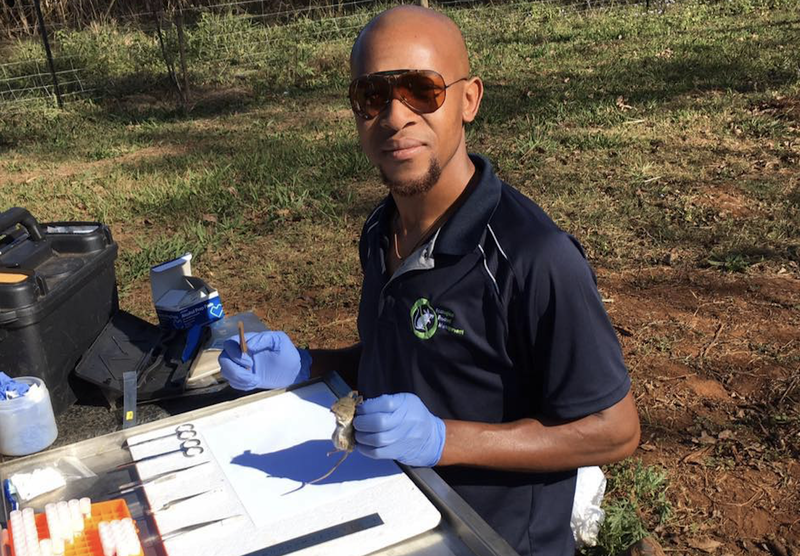As the planet is becoming human-dominated there is an emergence of entirely new sets of habitats which nature has not seen before and there and there exists a gap knowledge and understanding of how wildlife species evolve and adapt to these increasing human-dominated and modified habitat (towns, cities and agricultural plantations. My research focuses on studying the evolutionary change of urban wildlife, in order to increase our understanding of the evolution and species which is vital in improving wildlife conservation, and inform green planning, development, and design and to improve pest and disease management in human-modified habitats.
My ongoing research shows that mice communities occurring in urban areas, sugarcane plantations and rural areas have reduced species richness and diversity compared with communities occurring in savanna habitats. My data also shows that anthropogenic habitats are dominated by generalist mice populations (e.g. the natal multi-mammate mouse) compared to savanna. The genetic data shows positive selection in genes involved in lipid and carbohydrate metabolism in the natal multi-mammate mouse (Mastomys natalensis) occurring in urban habitats. I hypothesized that selection is acting on metabolic pathways due to the new dietary composition linked with urban environments compared with adjacent less disturbed rural/natural habitats.

